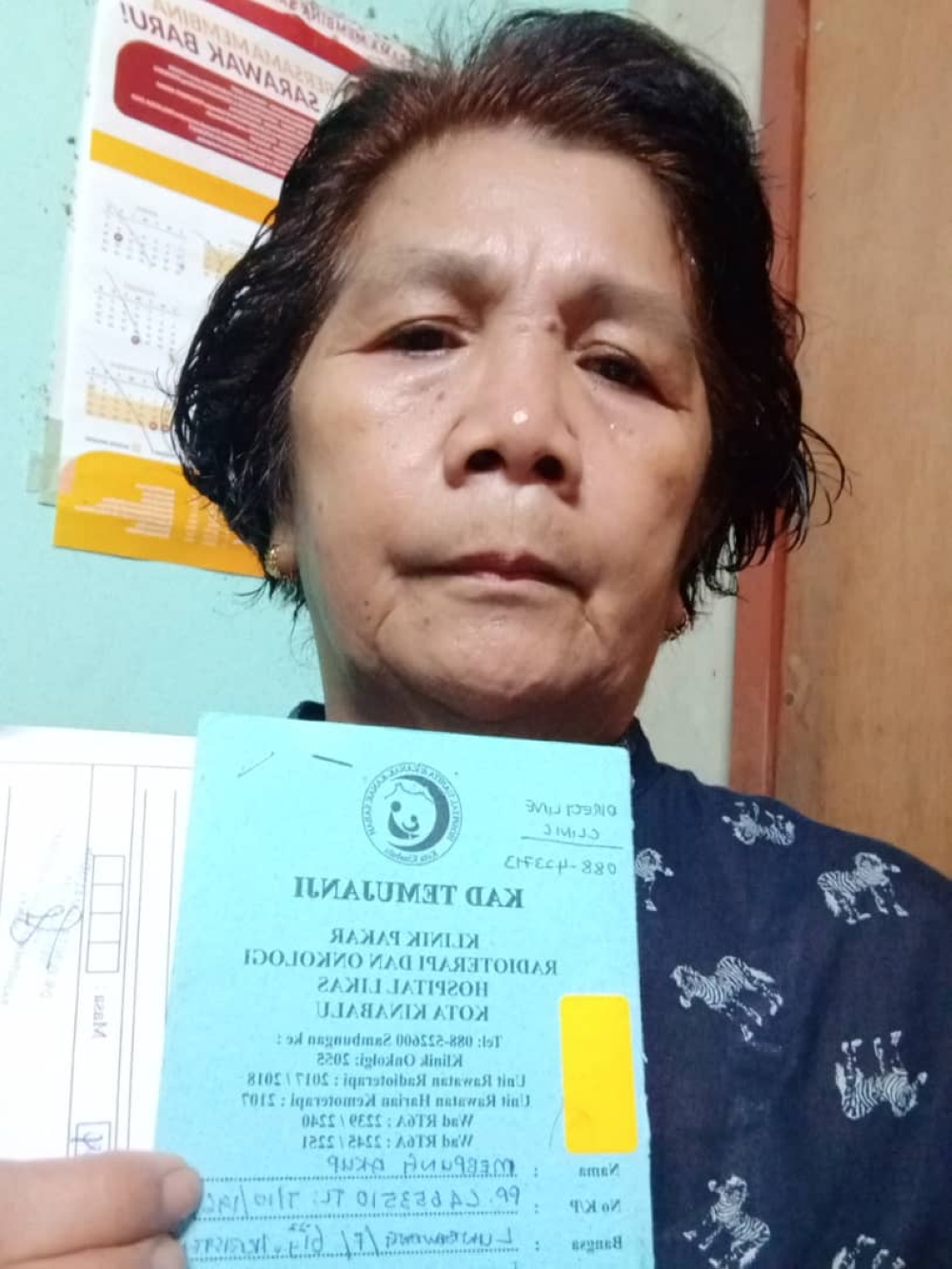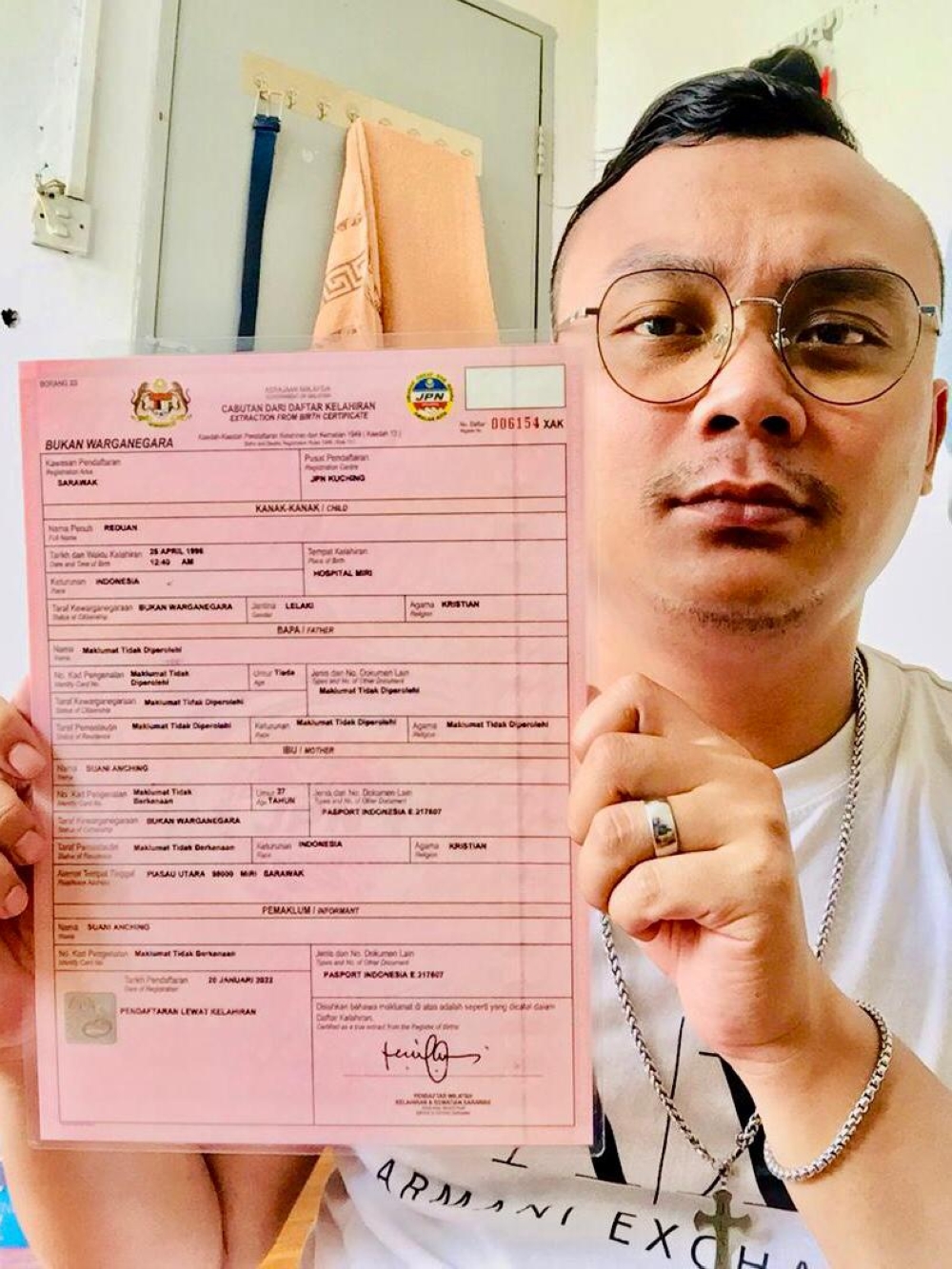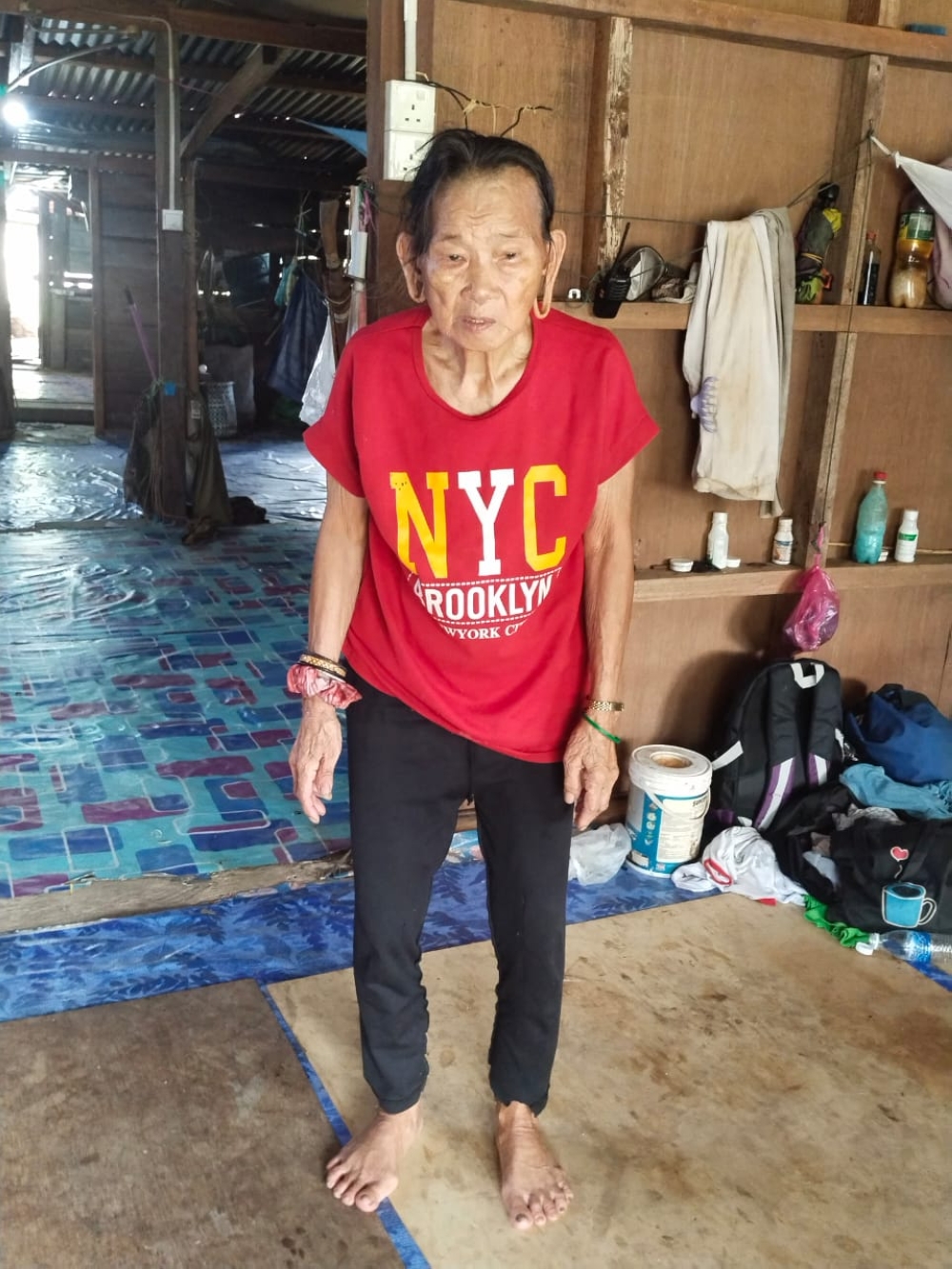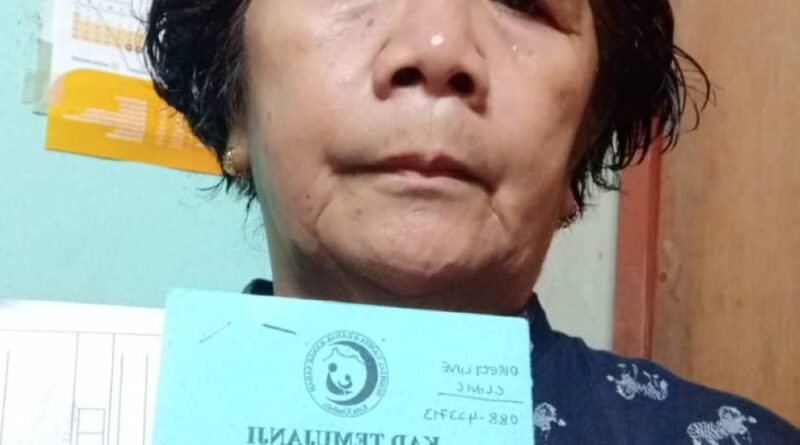Stateless people in Sarawak avoid hospitals because of high costs, fear of arrest
MIRI, Aug 12 – Stateless people have limited access to public health services because most of them come from poor families and therefore cannot afford medical expenses in public or private hospitals. , as well as clinics.
Malaysia is one of the few countries that provides highly subsidized healthcare, but only for its own citizens. For non-citizens such as refugees, stateless persons, asylum seekers and illegal immigrants, the charges are much higher.
The Amendment to the Fees (Medical) Act 1951 in January 2016 saw medical fees imposed on non-residents increase by 24 and 100 times that of residents.
For example, a Malaysian citizen pays a registration fee of RM1 at any government hospital or clinic, while for non-citizens, stateless persons including MyKas holders, and undocumented persons, the fee is RM40.
In addition, foreign patients (including stateless or undocumented patients) need to pay a deposit for each admission to a government hospital, according to Clause 14 of the Feeds (Medical) (Cost of Services) Order 2014.
A deposit is required
Deputy Health Minister Datuk Lukanisman Awang Sauni told Parliament recently that foreign patients admitted to the hospital for medical procedures need to pay a deposit of RM1,400 for third-class wards, and RM7,000 for first class wards.
He said the government took such a step because foreigners who sought medical care in Malaysia in the past failed to pay their debts of about 40.08 million from 2023.
This funding plan also compounds the challenges that stateless people face in accessing essential health services.
Marlyn, 45, from Baram said her parents were always afraid to seek medical attention because of the expensive fees.
Before his parents were granted citizenship, he remembered how they were really afraid for their lives whenever they wanted to seek medical services in government hospitals.
I remember how they refused to go to the hospital even when they were very sick. Instead, they would try to make ends meet with over-the-counter medicines.
He said: “It hurt me when I was a big child to see my parents suffering unnecessarily, their lives getting worse, all this because they had no legal status.”
Dam Bilong, 30, who is trying to apply for citizenship, told The Borneo Post how he had to pay RM40 to register at a government clinic in Miri.
He said that a few months ago, he went to a dental clinic in town to have a tooth extracted.
“When I was at the registration counter, the nurse said that I will have to pay RM40 for the registration alone because I am considered a non-citizen. I didn’t have enough money that day so I went out without being examined or having the tooth removed,” he said.
It is designed to suffer

Mebpung shows her appointment card for cancer treatment. — THE LAND OF BORNEO
Breast cancer patient Mebpung Akup, 63, says that even though she is still stateless, she was lucky to be able to use her marriage certificate whenever she went for treatment and followed the procedures. service at a government hospital.
On his marriage certificate, Mebpung said he was charged according to the Malaysian population rate.
She said: “Even at that time, it was very difficult because I had to rely on my husband to be the caretaker of the hospital treatment.
As for Dickson, his family had to raise money to pay for his sister Diana’s hospital bill and transport.
Diana, who was diagnosed with Stage 4 uterine cancer and breast cancer in 2022, died of those diseases late last year.
“It was very painful for the whole family to see him suffer for the last few years, especially when we all had financial problems. “Sometimes, we had to collect money to pay his bills and transport to the hospital,” he said.
Jesica, 30, said her mother had to pay RM600 after spending two nights at the government hospital.
He said his mother still needs a country even though she has applied to become a citizen many times.
“My mother was once admitted to the hospital due to chest pains. After two nights in the hospital, we faced a huge bill of RM600.
“The reason? He only had MyKas and his status on the document listed him as non-citizen, so he was charged the non-citizen rate,” he said.
The 58-year-old stateless man, who only wanted to be known as A, said “living without an identity” has damaged his mental health.
He said that a few years ago, his wife and children, as well as his aunt who is also stateless, fell ill.
“I had to take time off from work to take care of them at home because I could not bring them all to the clinic or hospital for fear of charges.
“That day I felt powerless and thought of killing myself because I did not think about the future of my children who would have to go through the problems I went through when they grow up .
He said: “If it wasn’t for my faith, my family and I would not be here today.”
Risk of arrest
In addition to the financial burden, stateless persons also face the risk of arrest by the authorities, which makes it even more difficult for them to receive proper treatment in health care facilities.
In an announcement dated Sept. 18, 2001, the Ministry of Health ordered its employees to report illegal immigrants to the police and immigration authorities.
Although the right to health care is a basic human right that should be available to everyone regardless of race, religion or nationality, stateless people seem to face obstacles in accessing health services.
Statelessness also restricts free movement. Without documents, it is very difficult for them to cross the border or move from one city to another, which makes it difficult for them to find jobs and access health services.

Reduan Daniel Abu. — THE LAND OF BORNEO
Reduan Daniel Abu, 29, said it was difficult to travel without identification documents.
He was born in Miri Hospital to an Indonesian mother who abandoned him as a baby. He was subsequently adopted but his adoptive parents still cannot resolve his identity issues.
“I was given a birth certificate by the NRD (National Registration Department) in 2022 because when my mother gave birth, she could not pay the hospital bill which caused my birth certificate to be withdrawn by the department .”
Meanwhile, Jesica also told how difficult it was for her stateless mother to travel without an identity card.
He said when his brother got married a few years ago in Sabah, the whole family went to the wedding except his mother.
He says: “My mother was very sad because she could not go to her son’s wedding because without documents, she could not travel outside Sarawak.
For Belaweng Turau, 54, a Penan from Baram, he says that every time his stateless mother-in-law Erang Ipoi, 80, fell ill, they were reluctant to take her to a hospital or clinic for fear that it would be and police interference.

Mother-in-law of Belaweng Turau Erang Ipoi. — THE LAND OF BORNEO
Other consequences of statelessness include not being able to legally marry, have a bank account, get a driver’s license, and even buy a mobile phone SIM card.
The examples of cases above are just a glimpse of the hardships and sufferings endured by stateless people in their daily lives. — THE LAND OF BORNEO
#Stateless #people #Sarawak #avoid #hospitals #high #costs #fear #arrest
